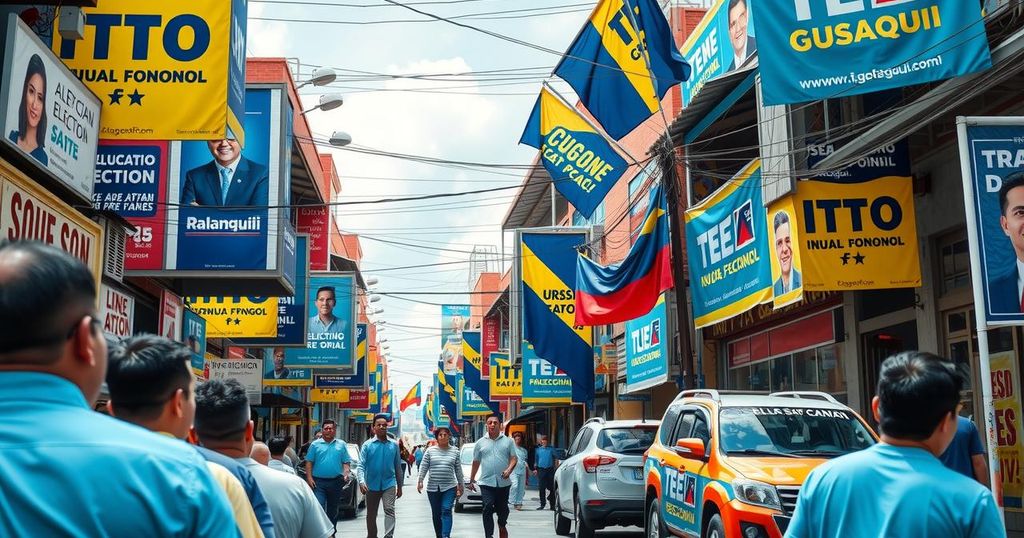The M23 rebel group in eastern Congo has shifted leadership from ethnic Tutsi Sultani Makenga to Corneille Nangaa, a former electoral chief. This change reflects an attempt to recast M23 as a more inclusive Congolese nationalist group. Nangaa’s leadership aims to energize discussions around autonomy and local grievances, amidst ongoing support from Rwandan troops, as M23 seeks to regain power and territory in the region.
The M23 rebel group, backed by Rwanda, has recently gained control of Goma, the largest city in eastern Congo. As Sultani Makenga, the group’s long-time military leader remains absent, Corneille Nangaa, a former electoral chief and not a Tutsi, has stepped forward. Nangaa’s leadership marks a significant transformation for M23, as it seeks to rebrand itself as a Congolese nationalist entity, aiming for broader inclusivity beyond its ethnic Tutsi origins.
With ambitions to march toward Kinshasa, Nangaa showcased his leadership during a press conference, highlighting a shift in M23’s identity. His past as an electoral figure overseeing the controversial 2018 presidential election, coupled with grievances against the Congolese government, propelled him towards the rebel movement. Analysts view this as a reaction to perceived injustices related to his prior sanctions and political exclusion.
Under Nangaa’s direction, the M23 has strengthened ties with local militia groups and demonstrated a strategic vision. This differs starkly from its previous campaigns focused primarily on ethnic issues. The new alignment sought by M23 aims to stimulate national conversations regarding the region’s autonomy and bring attention to the neglect experienced by residents in eastern Congo.
M23’s capacity for territorial gain has grown, presenting a significant challenge for President Tshisekedi’s administration. Observers note that with around 4,000 Rwandan troops purportedly supporting M23, the situation is complex, combining local political aspirations with foreign backing. The group’s goal appears to be generating leverage over the Congolese state, emphasizing political negotiations as a pathway to resolve the ongoing crisis.
Nangaa’s role offers M23 a more localized identity as he is from the Haut-Uele province. This strategy intends to redefine the perception of M23, distancing from its previous associations as a Rwanda-centered entity. Moreover, it raises concerns regarding the long-term ambitions of both M23 and its regional allies, aiming for sustained control over resource-rich territories in eastern Congo.
The M23 rebel group, formed in 2012 and previously dominated by ethnic Tutsi leaders, has faced significant changes in leadership and strategy, particularly after gaining military support from neighboring Rwanda. The group’s historical grievances stem from the Congolese government’s failure to honor an agreement ensuring the integration of Tutsi fighters into the national army. As M23 re-emerges under new leadership, the focus has shifted toward a more inclusive and Congolese identity, reflecting broader national issues while still negotiating the impacts of foreign influence and regional geopolitics.
In summary, Corneille Nangaa’s emergence as the face of the M23 marks a strategic shift towards a more inclusive representation of Congolese identity. This evolution reflects the group’s desire to address local grievances and establish political negotiations with the Congolese state. The involvement of Rwandan forces adds complexity to prospects for resolution, raising questions about the future stability of eastern Congo and its governance.
Original Source: apnews.com




